The history of the places that have hosted the Eurovision Final (Part II)

Throughout its history, Eurovision has taken place in a variety of cities and countries, each leaving its mark on the history of the contest. In this article, we will explore the exciting history of the venues of the various Eurovision finals, from 1980 to 2000.
Part I: Eurovision List 1956 to 1979
Part III: Eurovision List 2000 to 2022
The Eurovision Song Contest is one of the most popular and beloved musical events around the world. Every year, the countries of Europe (and some outside Europe) compete for the glory and honor of winning the contest and taking home the coveted Eurovision trophy. But in addition to the music and performances, another important aspect of the festival is the venues for the finals.
The Hague, The Netherlands - 1980
Only once has it happened that the winning country of the Eurovision Song Contest did not participate in the next edition, it happened in 1980 with Israel, who had won the previous year. The IBA had been victorious in the 1978 and 1979 editions, which gave them the right to organize the 25th Song Contest. However, organizing this event meant a great expense for any country, and the IBA estimated the costs to be around $1 million, which discouraged them from organizing the event two years in a row. In addition, it was rumored that the fact that the date of the Festival coincided with Jewish Holocaust Day also influenced their decision. Several European broadcasters applied to host the event, such as the BBC and TVE, but the EBU finally selected the Dutch NOS, whose proposal was to hold the event in the same auditorium that was used in 1976: the Congresgebow in The Hague.
The winner of the festival was the Irish singer Johnny Logan, with the song “What’s Another Year”.
Dublin, Irlanda - 1981
In 1981, Dublin again hosted the Eurovision Song Contest, this time at the RDS Simmonscourt Pavilion. The winner that year was the British band Bucks Fizz with the song “Making Your Mind Up”.
Harrogate, United Kingdom - 1982
The 1982 Eurovision Song Contest was held in Harrogate, United Kingdom, at the Harrogate International Centre.
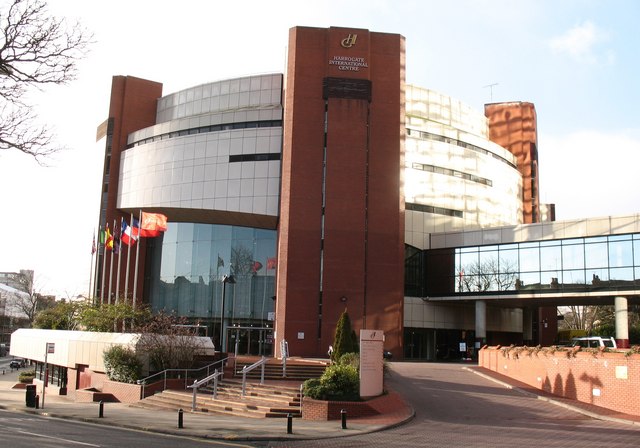
It was presented by Jan Leeming and Terry Wogan. The victory went to Germany with the song “Ein bißchen Frieden” performed by Nicole.
Munich, Germany - 1983
The 1983 Eurovision Song Contest was held in Munich, Germany, at the Olympiahalle sports arena. The winning song of this edition was “Si la vie est cadeau”, performed by the French singer Corinne Hermès singing for Luxembourg.
Luxembourg, Luxembourg - 1984
In 1984, Eurovision returned to Luxembourg, with the final held at the city’s RTL Studios. The winner that year was the Swedish singer Herreys with the song “Diggi-Loo Diggi-Ley”.
Gothenburg, Sweden - 1985
The 1985 Eurovision Song Contest was held in Gothenburg, Sweden, at the Scandinavium.
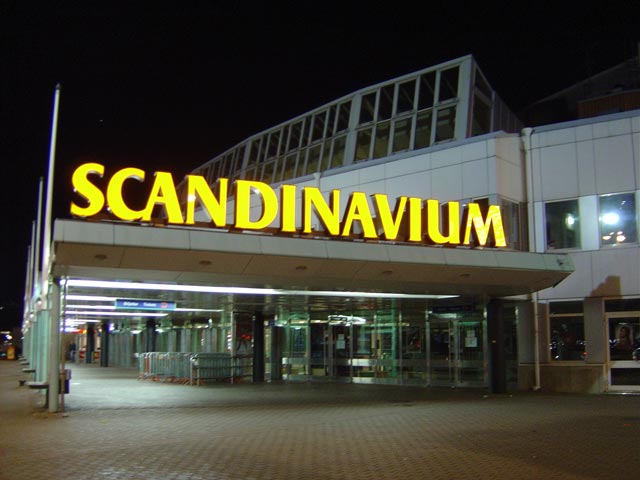
The winning song was “La det swinge” performed by the Norwegian duo Bobbysocks, formed by Hanne Krogh and Elisabeth Andreassen.
Bergen, Norway - 1986
The 1986 Eurovision Song Contest took place in the Norwegian city of Bergen, at the Grieghallen venue.
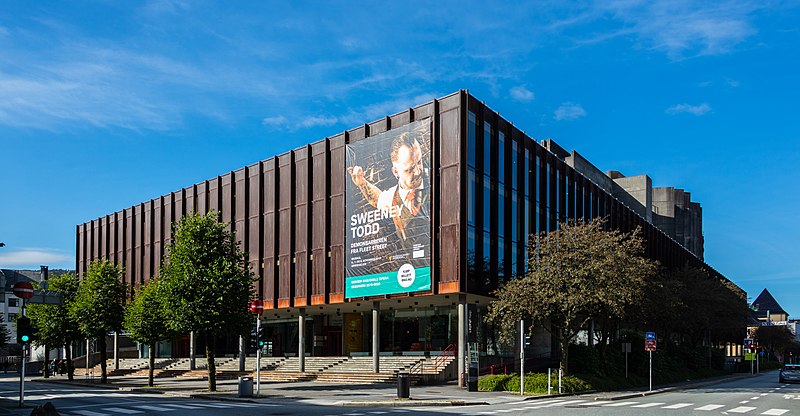
On the evening of May 3, a total of 20 countries competed in that year’s festival. The victory went to Belgium, represented by Sandra Kim and her song “J’aime la vie”. At 13 years old, Kim became the youngest winner in the history of the festival up to that point.
Brussels, Belgium - 1987
In 1987 it was Belgium’s turn, at the Palais de Congrès in Brussels.
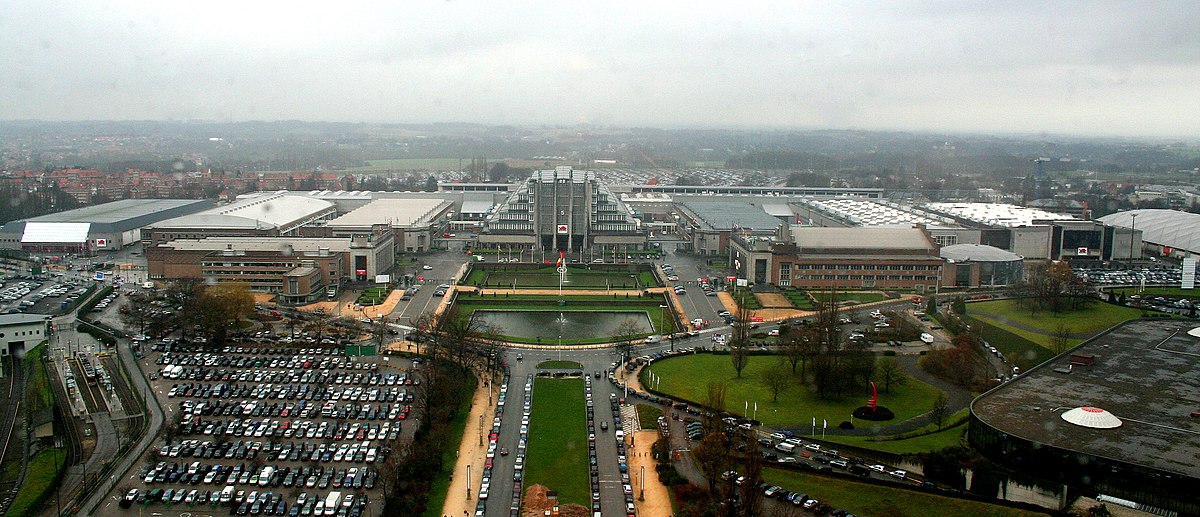
That year’s winner was Irish singer Johnny Logan with the song “Hold Me Now,” making it Logan’s third win in the contest.
Dublin, Ireland - 1988
In 1988, Eurovision returned to Dublin, with the final held at the RDS Simmonscourt Pavilion as in 1981. The winner that year was Céline Dion, representing Switzerland with the song “Ne partez pas sans moi”. This victory catapulted Dion’s career to an international level and made her a worldwide star.
Lausanne, Switzerland - 1989
The festival was held at the Palais de Beaulieu in Lausanne, Switzerland, on May 6, 1989.

The winning song of the 1989 Eurovision Song Contest was “Rock Me” performed by the band Riva, representing Yugoslavia.
Zagreb, Yugoslavia - 1990
The 1990 Eurovision final took place in Zagreb, the current capital of Croatia, which was then part of Yugoslavia. The event was held at the Dom Sportova Sports Center.
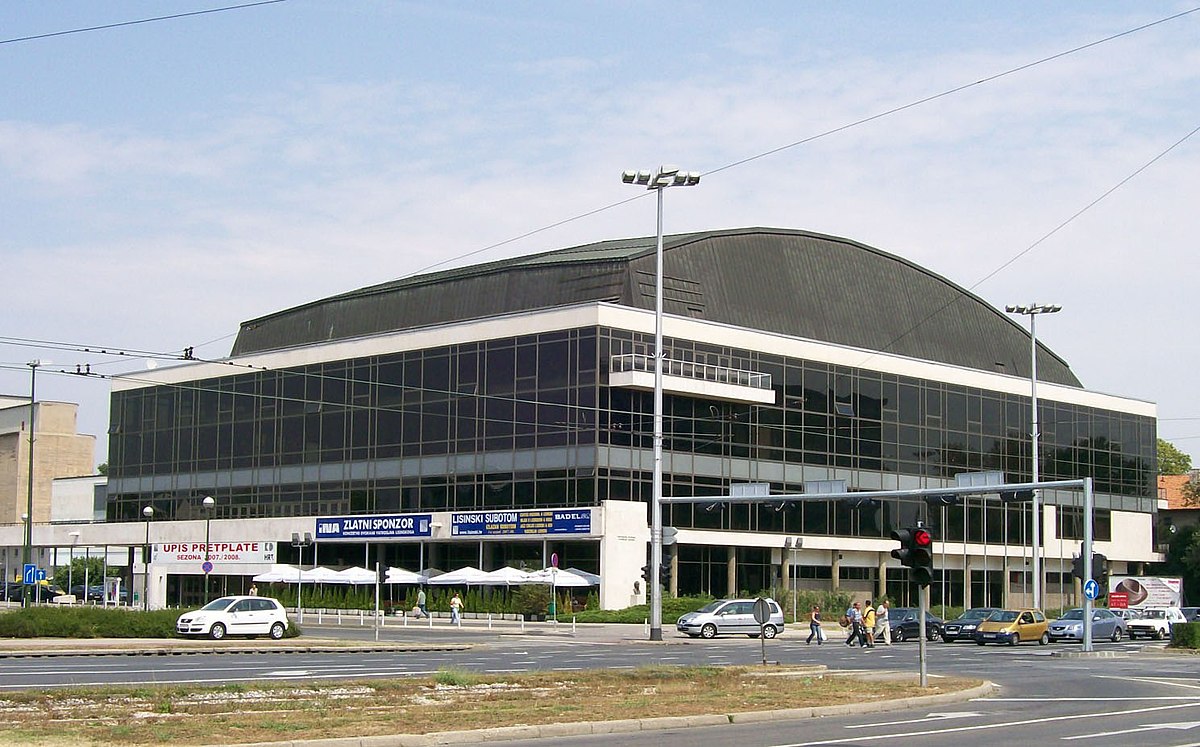
The winner that year was Toto Cutugno, representing Italy with the song “Insieme: 1992”.
Rome, Italy - 1991
In 1991, the Eurovision final was held in Rome, Italy. The event took place at the Teatro 15 de Mayo.
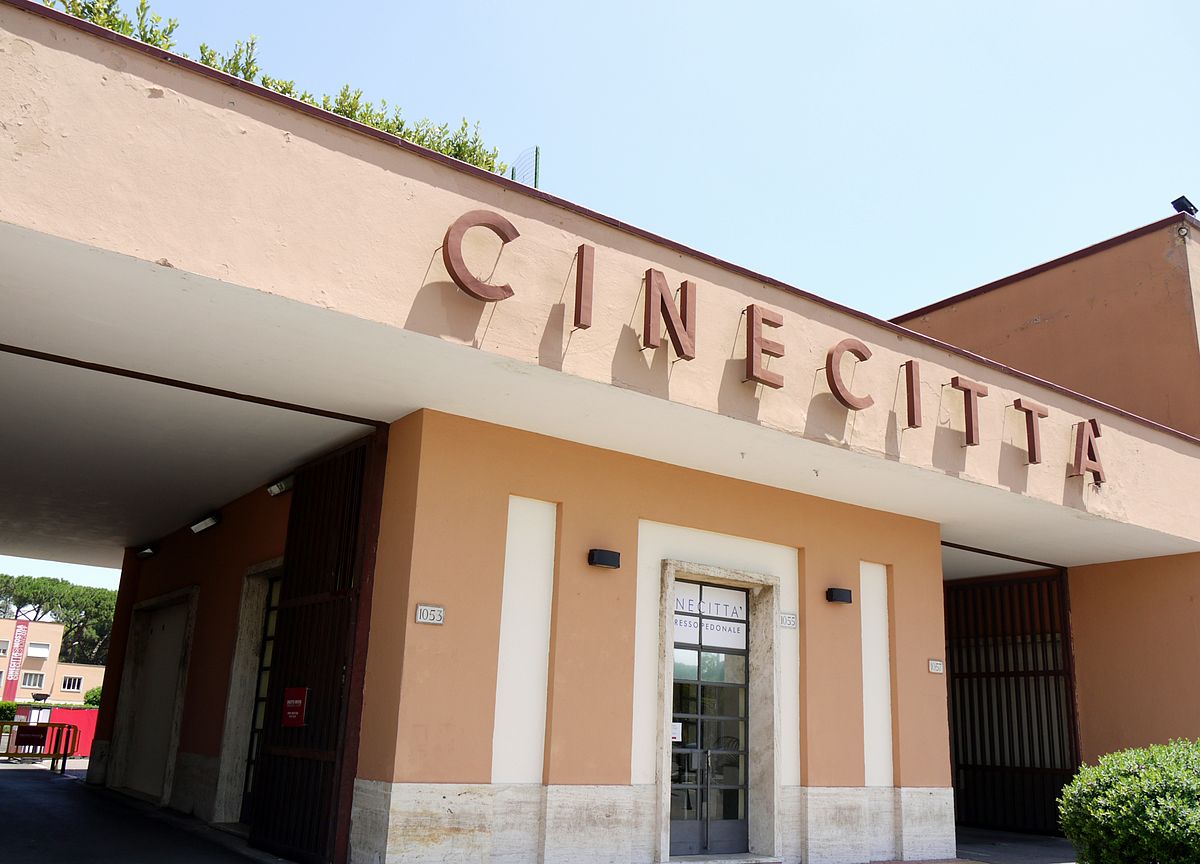
The winner that year was Carola, representing Sweden with the song “Fångad av en stormvind”.
Malmö, Sweden - 1992
Sweden has been a host country on several occasions, and in 1992, the Eurovision final was held in Malmö, Sweden’s third largest city. The event took place at the Malmö Isstadion.
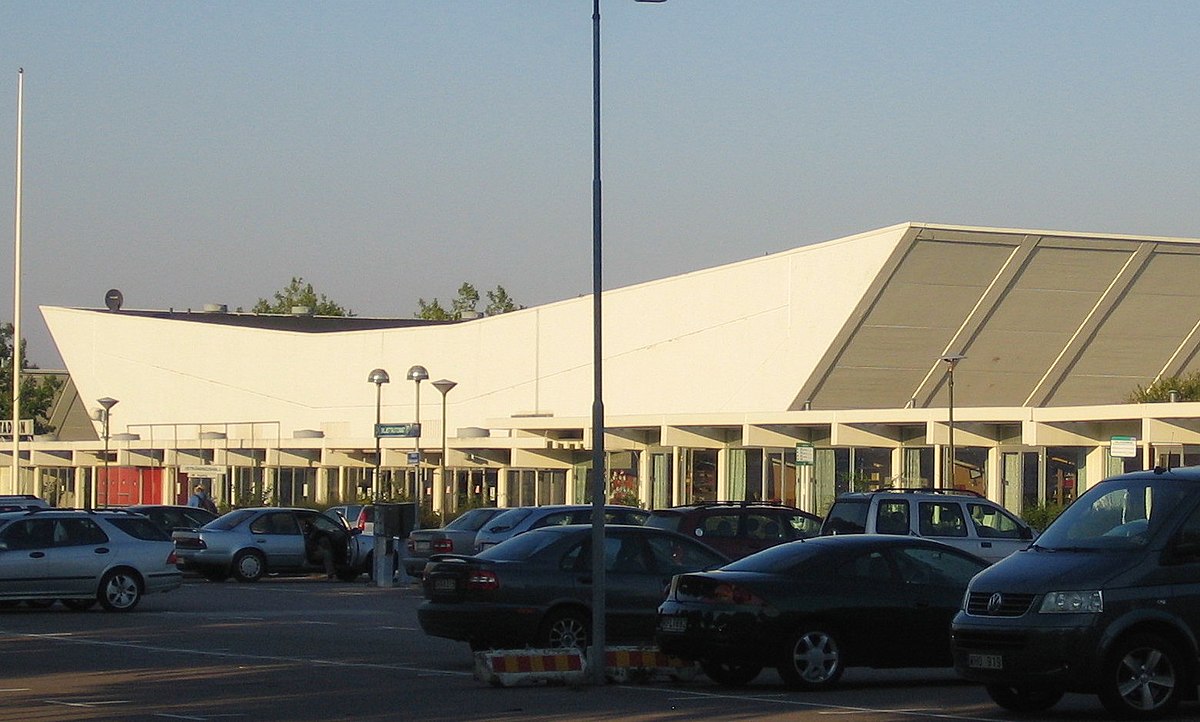
The winner that year was Linda Martin, representing Ireland with the song “Why Me?”.
Millstreet, Ireland - 1993
In 1993, Eurovision moved to Millstreet, a small town in the southwest of Ireland, for its 38th edition. The event was held at the Green Glens Arena. The winner that year was Niamh Kavanagh, representing Ireland with the song “In Your Eyes”.
Dublin, Ireland - 1994
In 1994 Eurovision returned to Dublin, to the city’s Point Theatre, an entertainment venue located in Dublin’s Docklands.
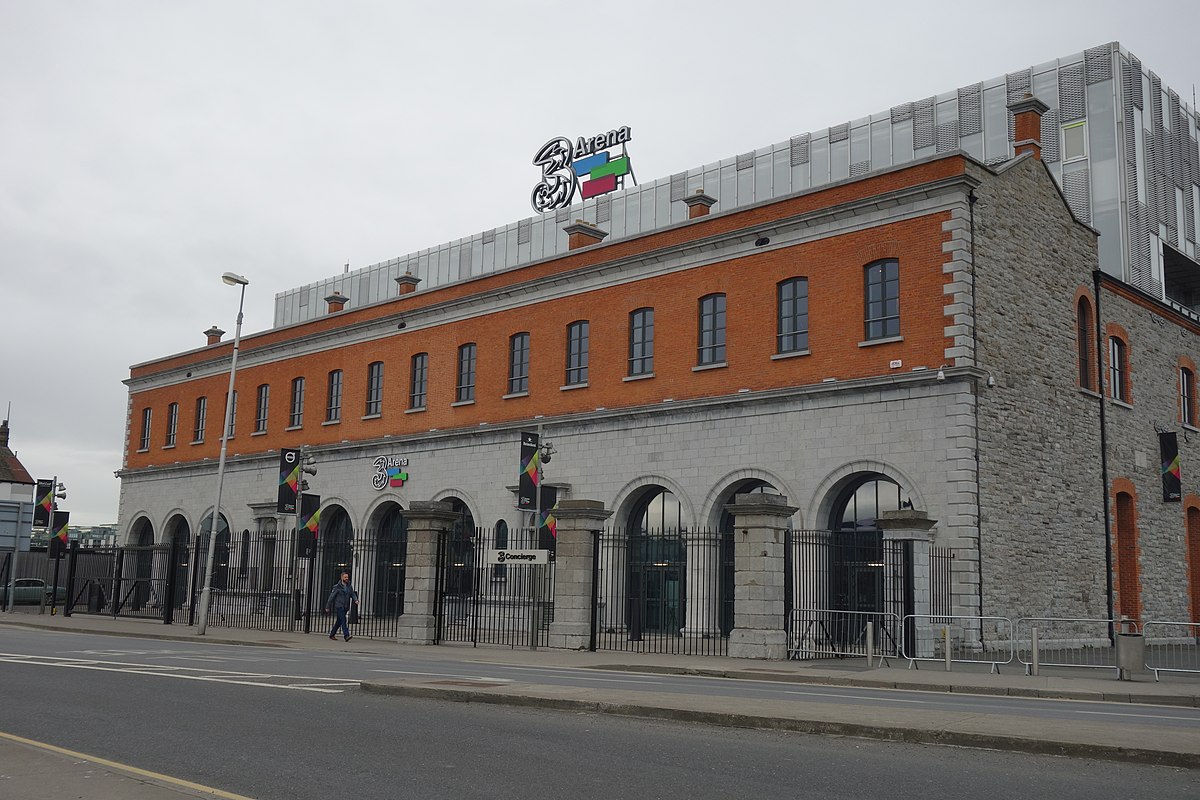
The winner that year was the Irish band Riverdance, who gave a special performance during the interval of the final and became a cultural phenomenon around the world.
Dublin, Ireland - 1995
For the third consecutive year, after the 1994 edition in Dublin, Ireland hosted Eurovision again in 1995. The event was also held at the Point Theatre. The winner that year was Secret Garden, representing Norway with the song “Nocturne”.
Oslo, Norway - 1996
The following year, Eurovision moved to Oslo, the capital of Norway, for its 1996 edition. The event took place at the Oslo Spektrum, a multi-purpose venue located in the center of the city.
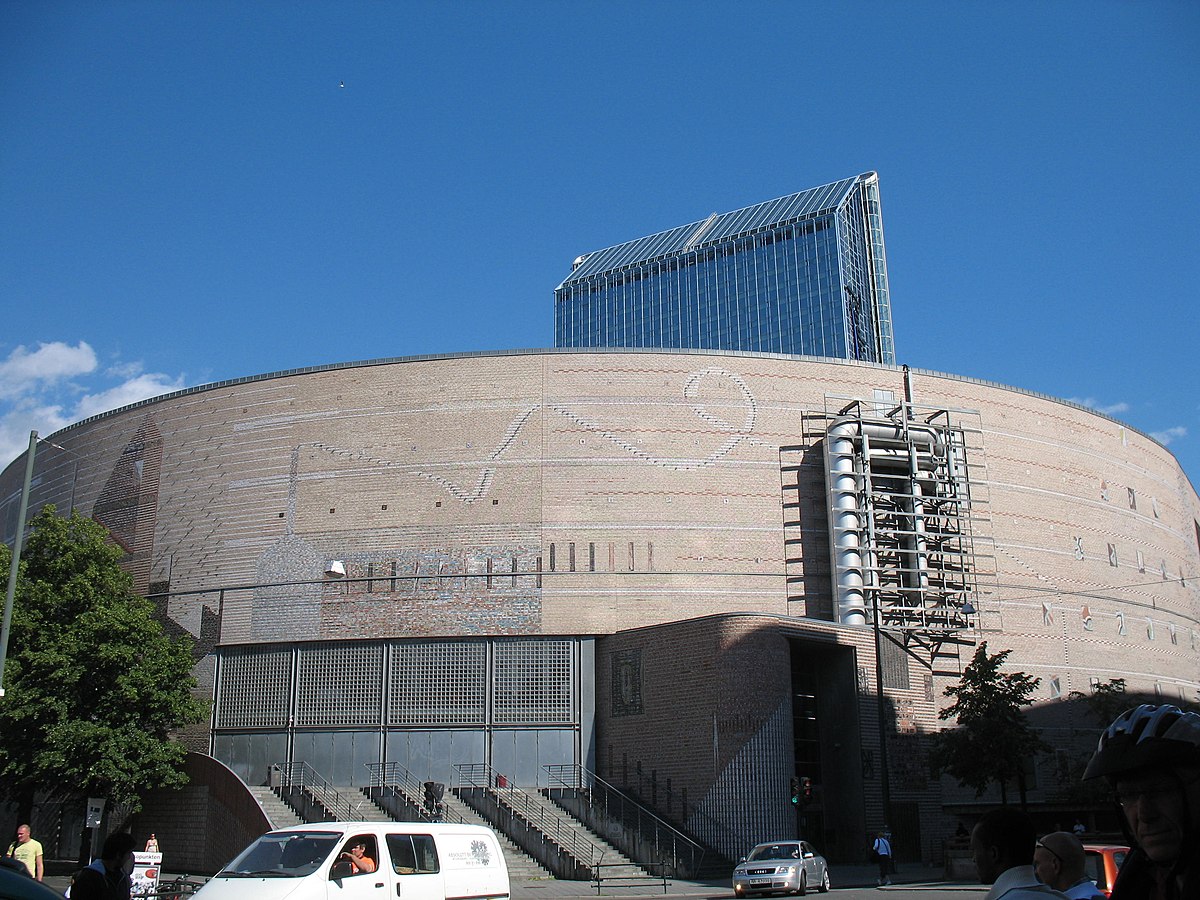
The winner that year was Eimear Quinn, representing Ireland with the song “The Voice”.
Dublín, Irlanda - 1997
Ireland last hosted Eurovision in 1997, being the country with the most victories, a total of 7, with the event again held at the Point Theatre in Dublin. The winner that year was Katrina and the Waves, representing the United Kingdom with the song “Love Shine a Light”.
Birmingham, United Kingdom - 1998
The 1998 edition of Eurovision was held in Birmingham, the second largest city in the United Kingdom. The event took place at the National Indoor Arena.
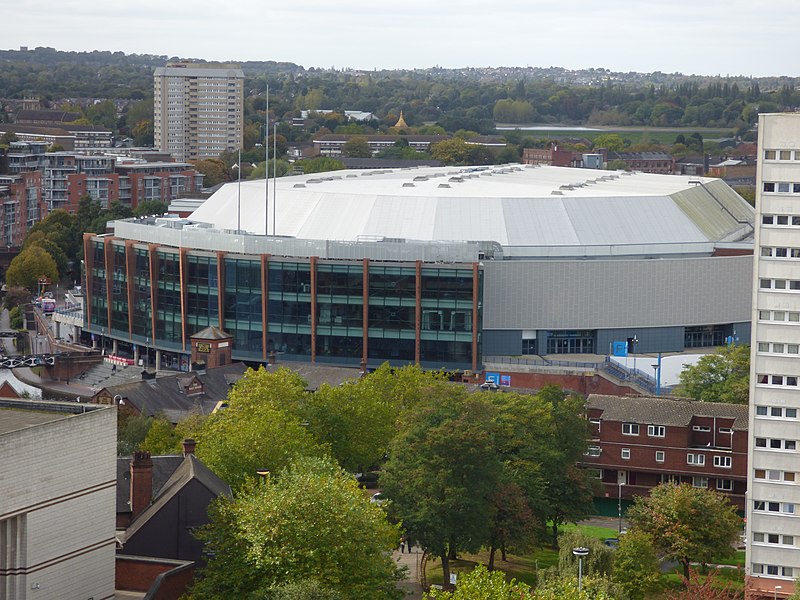
The winner that year was Dana International, representing Israel with the song “Diva”.
Jerusalem, Israel - 1999
Jerusalem hosted the Eurovision Song Contest again in 1999, with the event held at the Jerusalem International Convention Center as in 1979. The winner that year was Charlotte Nilsson, representing Sweden with the song “Take Me to Your Heaven”.
Stockholm, Sweden - 2000
Sweden hosted Eurovision for the fourth time in 2000, with the event held in Stockholm for the second time. The venue was the Globen Arena, a sports and entertainment venue.
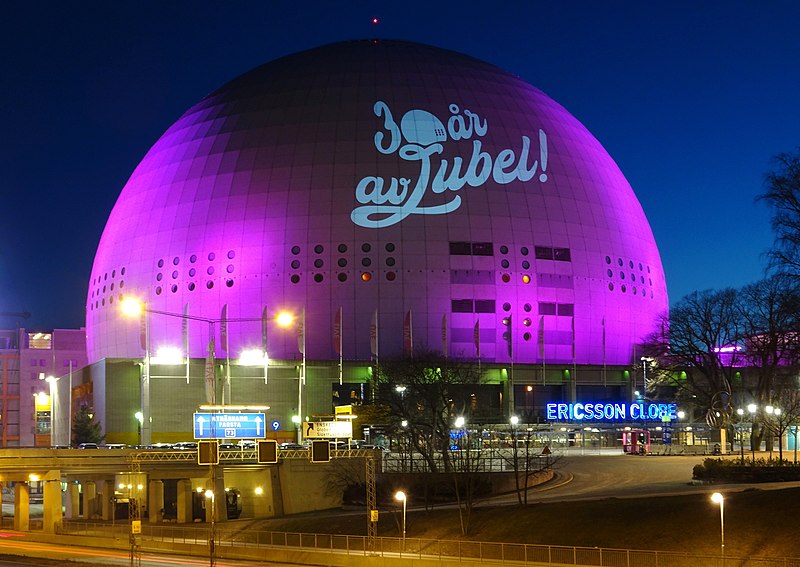
The winner that year was Olsen Brothers, representing Denmark with the song “Fly on the Wings of Love”.
In summary, the period from 1980 to 1999 was a time of significant change in the Eurovision Song Contest. The introduction of new musical genres, the inclusion of new countries and live broadcasting worldwide led to an increase in the popularity of the event. In addition, the festival became a platform for launching international careers for many artists. From Johnny Logan’s triumph in 1980 to Charlotte Nilsson’s victory in 1999, the Eurovision story continued to evolve and surprise audiences year after year. Continue to discover the decade from 2001 to 2021 or discover the beginning of 1956 to 1979.
